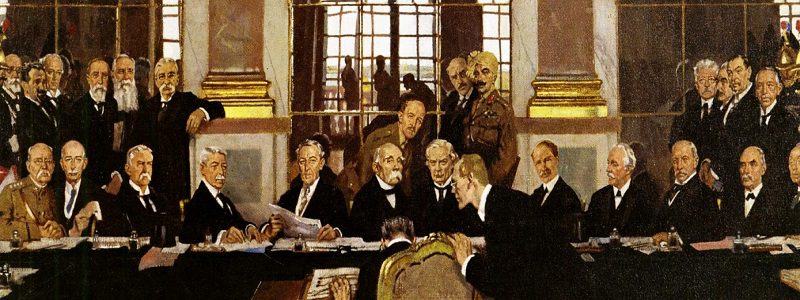Debating the Actual Threat Posed by Undocumented Immigrants
Overview
The Debatifier has taken a close look at the legal immigration issue and its complexities, illustrating how the Micro-Macro Debates format can help students unpack and make sense of such a dense and multi-faceted issue, in part one and part two of an extended post. This post will help teachers take an argument-centered approach to the undocumented immigrant issue.
The estimated 11 million undocumented immigrants living in the United States, and immigration enforcement porous enough to allow the number to grow that large, have elicited a great deal of political discussion and societal debate over the past 40 years, though perhaps never so pointedly as in the 2016 presidential campaign. This argument-centered project crystallizes the question at the heart of this national debate:
Do Illegal immigrants pose a significant threat to American citizens?
Argument Models: A Prerequisite Resource in Effective Argument-Based Instruction
Overview
Here is a simple but profound and universally true pedagogical rule that we have (not invented but) discovered: Whatever the kind of argument-based instructional activity, lesson, or assessment you are working with, it is an essential prerequisite for its effective implementation to develop and present to students modeling resources. Along with prompt, specific, and improvement-directed feedback, modeling may be the most useful tool in the pedagogical toolkit.
Many, probably most, varieties of argument-centered projects, activities, lessons, and assessments require students to build arguments and counter-arguments, and they require that students track arguments carefully on a flow sheet so that they know what arguments have been made by both sides, how (and whether) those arguments have been responded to, and how the argumentation is developed and can be weighed and evaluated. (Tracking arguments is crucial if we are to bring our students into a closer and at the same time more objective relationship with the arguments they make, hear, read, and respond to.)
Cosmetics & Plastic Surgery: Debating Authentic Beauty en Español
Hamlet: I have heard of your paintings too, well enough. God has given you one face, and you make yourselves another.
Ophelia: Heavenly powers, restore him!
— William Shakespeare, Hamlet (1599), Act III, Scene 1
Argument-Centered Education and one of its partner high schools are engaged in an exciting new project: getting students to research, prepare arguments, discuss, write about, and debate about cosmetics, plastic surgery, and authentic beauty in an Advanced Placement Spanish class, so en español. While the resources ACE has provided are in English, all of the student work is in Spanish, and we are working with our partner teachers to produce translations of the curricular resources, as well.
Shaping Arguments and the Superhero Square-Off: Batman vs. Spiderman
Overview
We frequently discuss the inter-connectedness of argumentation skills and content learning and knowledge. To think critically, and to enter an argument-based dialogue, about an issue or controversy, we have to have a baseline of content knowledge. Students are unable to generate much in the way of counter-arguments, for instance, when they are unfamiliar with the terms, context, and specific elements of an issue. Likewise, if content knowledge is taught outside of an argument framework it can be quickly forgotten, lacking purpose and relevance for students. It is also limited to the surface unless students think critically and apply higher-order thinking to this subject-area content.
Evidence Rating and the Treaty of Versailles
Regular readers of The Debatifier know that argument-centered curricular resources, projects, and activities come in all shapes and sizes. Longer-term classroom debate projects can be extremely powerful learning engines, while on a shorter, smaller scale, argumentation activities can be woven into or deployed several times over the course of any given week in any high school or middle school classroom. Educators who have the enhanced professional capacity to teach subject area content and skills objectives through academic argumentation and debate can, in a literal way, do both. They are mutually reinforcing.
We have been working with one of our partner schools’ humanities teachers on a World War I unit. The teachers wished to develop a mid-size structured argumentation component for the unit’s study of the war’s end, the controversial Treaty of Versailles.






